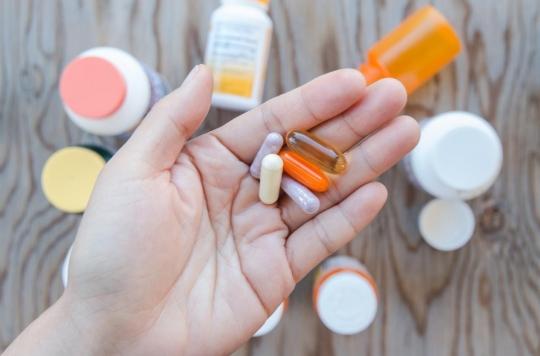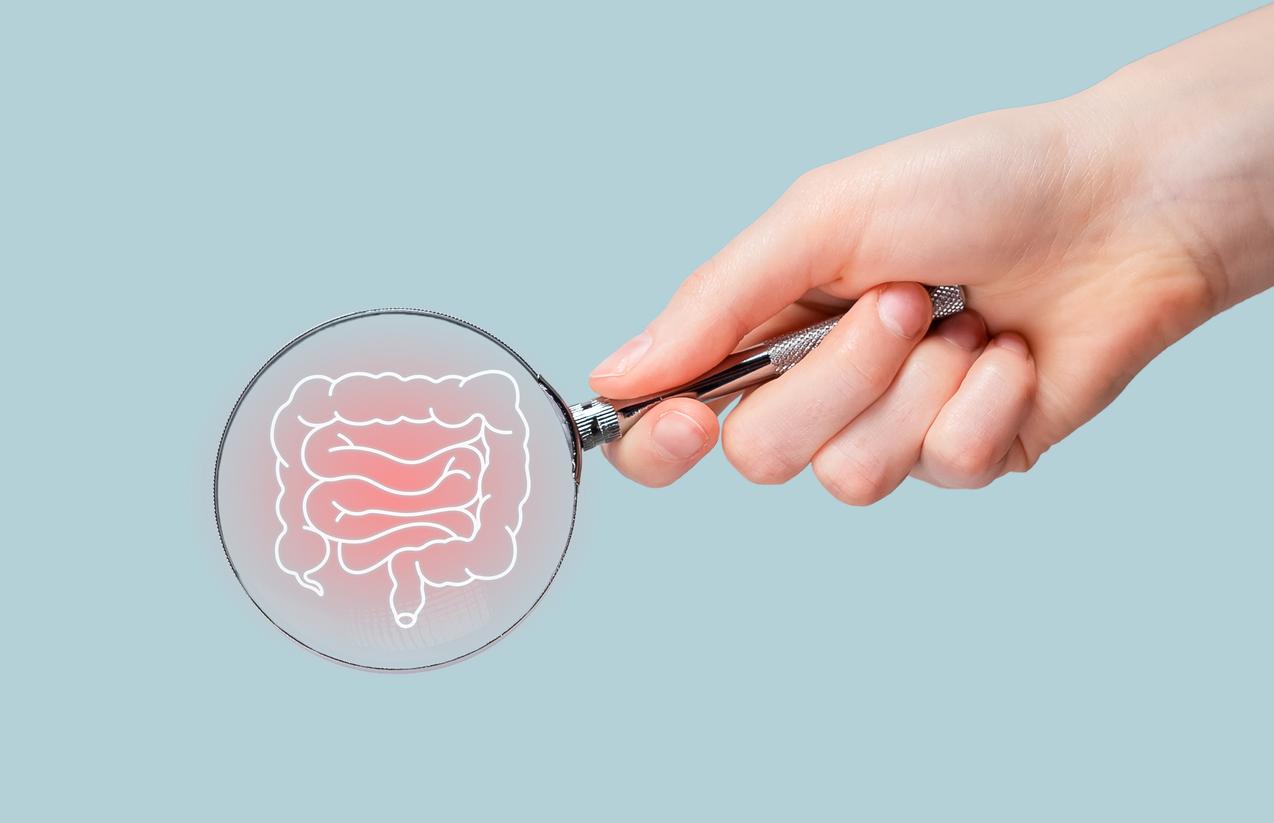A Canadian who took high doses of vitamin D for more than two years now has moderate chronic kidney disease.

Beware of the abuse of food supplements ! The case of a patient reported in the Canadian Medical Association Journal (CMAJ) alerts us to the overconsumption of vitamin D dietary supplements. If the latter is essential for a good absorption of calcium and phosphorus, thus ensuring a good bone mineralization, the thresholds defining a deficiency are very low. So beware of overconsumption: it can have serious consequences. A Canadian paid the price after being prescribed too high a dose of vitamin D when he did not necessarily need it.
It was after returning from a trip to Asia, during which he had been heavily exposed to heat and sun, that the 54-year-old man was admitted to hospital with a very high creatinine level. It is usually a sign of a kidney problem : creatinine is a metabolic waste due to the degradation of creatine, most of which is eliminated by the kidneys. Its rate is therefore an indicator of renal elimination capacity. At the hospital, despite multiple examinations, impossible for doctors to explain his condition.
A dose 10 times higher than recommended
The man ended up mentioning that his naturopath had prescribed high doses of vitamin D. However, the patient had no bone fragility or vitamin D deficiency. Another problem: the man made a mistake in the formulation. Instead of buying the one recommended to him, he had unknowingly doubled the dose. “For 2 and a half years, he took 8 to 12 drops every day for a total daily dose of 8,000 to 12,000 International Units”, the doctors are surprised. However, the recommended daily dose of vitamin D supplementation is 400 to 1,000 Units in healthy people, which may be increased to 800 or even 2000 IU for patients over 50, or those at high risk of osteoporosis (in micrograms, 1 µg equals 40 IU).
Finally, the patient regained normal calcium and vitamin D levels after a year thanks to treatment with hydroxychloroquine, an antimalarial also used in certain autoimmune diseases. Nevertheless, he still suffers from chronic kidney disease of moderate insufficiency. According to the researchers, this case “challenges” the how this vitamin is used. “The fact that it is found in many over-the-counter products can pose a significant risk to uninformed patients,” said Dr. Bourne Auguste. “Patients, like clinicians, would benefit from being better informed of the risks associated with the free use of vitamin D”.


















